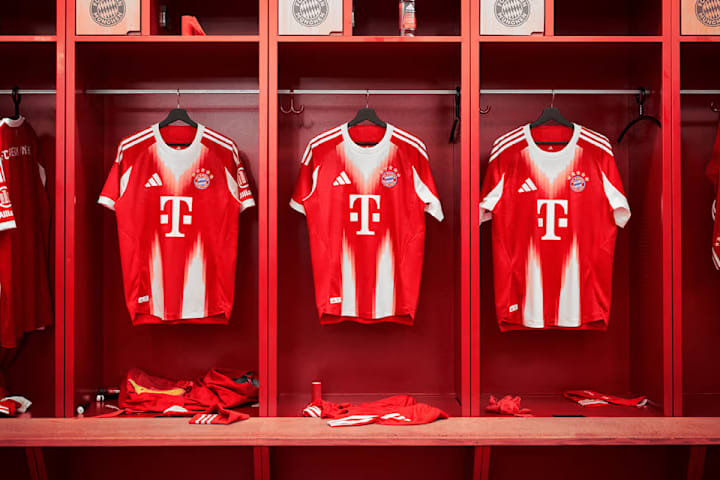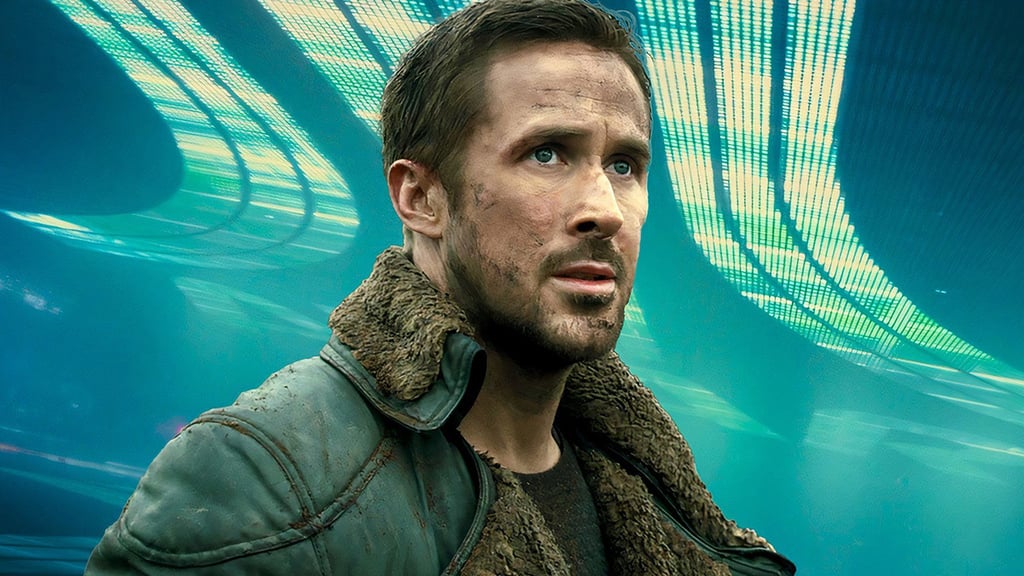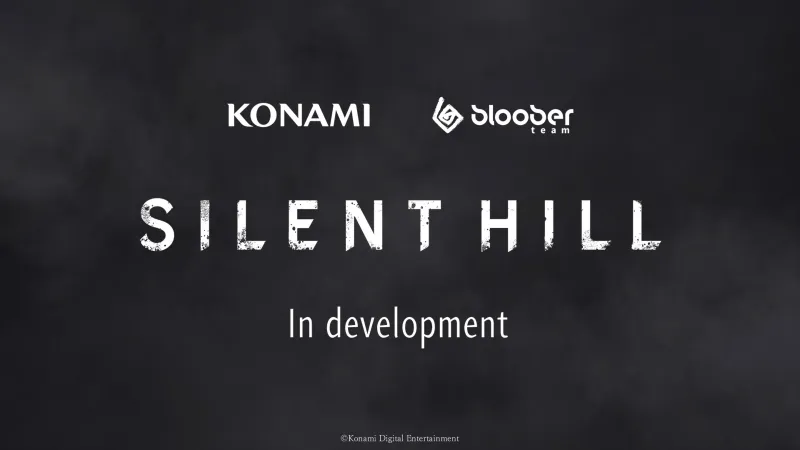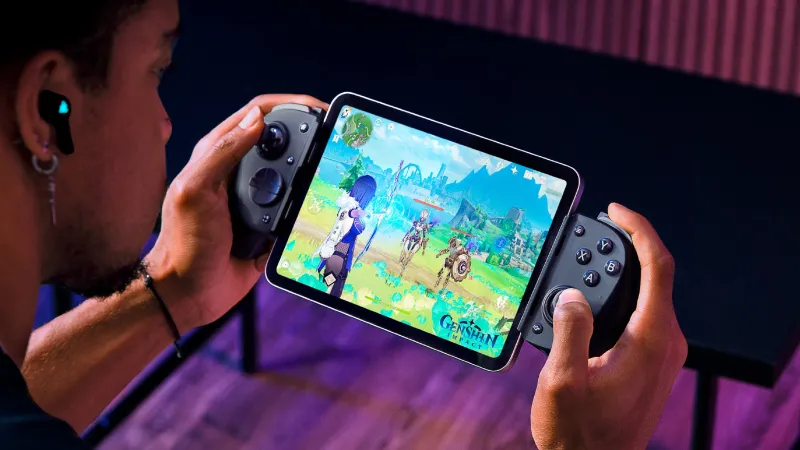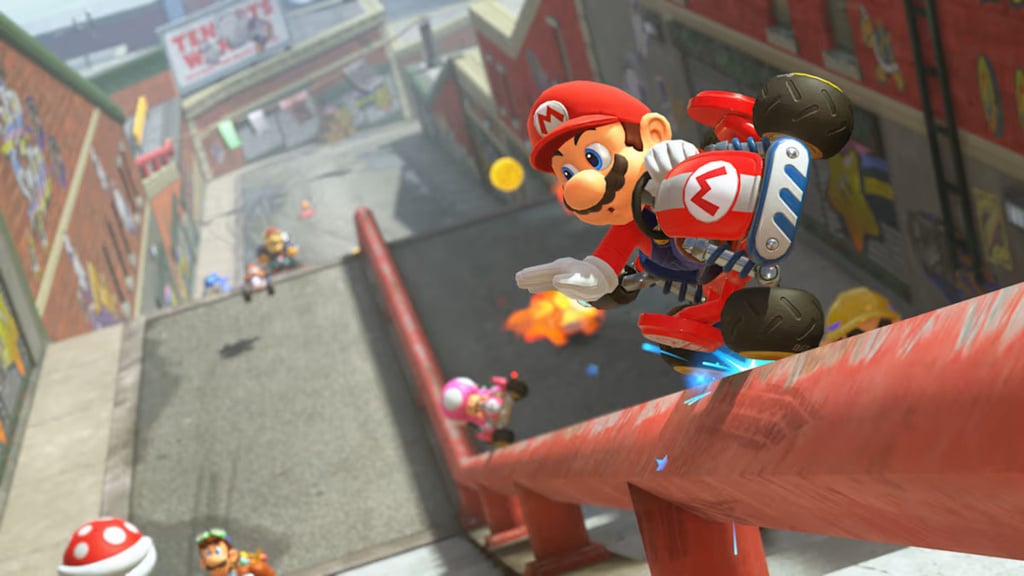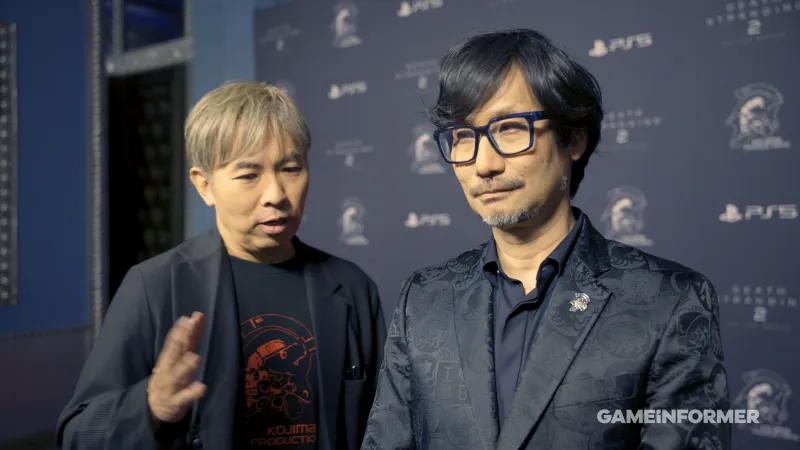Sam Altman thinks AI will have ‘novel insights’ next year


In a new essay published Tuesday called “The Gentle Singularity,” OpenAI CEO Sam Altman shared his latest vision for how AI will change the human experience over the next 15 years.
The essay is a classic example of Altman’s futurism: hyping up the promise of AGI — and arguing that his company is quite close to the feat — while simultaneously downplaying its arrival. The OpenAI CEO frequently publishes essays of this nature, cleanly laying out a future in which AGI disrupts our modern conception of work, energy, and the social contract. But often, Altman’s essays contain hints about what OpenAI is working on next.
At one point in the essay, Altman claimed that next year, in 2026, the world will “likely see the arrival of [AI] systems that can figure out novel insights.” While this is somewhat vague, OpenAI executives have recently indicated that the company is focused on getting AI models to come up with new, interesting ideas about the world.
When announcing OpenAI’s o3 and o4-mini AI reasoning models in April, co-founder and President Greg Brockman said these were the first models that scientists had used to generate new, helpful ideas.
Altman’s blog post suggests that in the coming year, OpenAI itself may ramp up its efforts to develop AI that can generate novel insights. OpenAI certainly wouldn’t be the only company focused on this effort — several of OpenAI’s competitors have shifted their focus to training AI models that can help scientists come up with new hypotheses, and thus, novel discoveries about the world.
In May, Google released a paper on AlphaEvolve, an AI coding agent that the company claims to have generated novel approaches to complex math problems. Another startup backed by former Google CEO Eric Schmidt, FutureHouse, claims its AI agent tool has been capable of making a genuine scientific discovery. In May, Anthropic launched a program to support scientific research.
If successful, these companies could automate a key part of the scientific process, and potentially break into massive industries such as drug discovery, material science, and other fields with science at their core.
This wouldn’t be the first time Altman has tipped his hat about OpenAI’s plans in a blog. In January, Altman wrote another blog post suggesting that 2025 would be the year of agents. His company then proceeded to drop its first three AI agents: Operator, Deep Research, and Codex.
But getting AI systems to generate novel insights may be harder than making them agentic. The broader scientific community remains somewhat skeptical of AI’s ability to generate genuinely original insights.
Earlier this year, Hugging Face’s Chief Science Officer Thomas Wolf wrote an essay arguing that modern AI systems cannot ask great questions, which is key to any great scientific breakthrough. Kenneth Stanley, a former OpenAI research lead, also previously told TechCrunch that today’s AI models cannot generate novel hypotheses.
Stanley is now building out a team at Lila Sciences, a startup that raised $200 million to create an AI-powered laboratory specifically focused on getting AI models to come up with better hypotheses. This is a difficult problem, according to Stanley, because it involves giving AI models a sense for what is creative and interesting.
Whether OpenAI truly creates an AI model that is capable of producing novel insights remains to be seen. Still, Altman’s essay may feature something familiar — a preview of where OpenAI is likely headed next.
What's Your Reaction?
 Like
0
Like
0
 Dislike
0
Dislike
0
 Love
0
Love
0
 Funny
0
Funny
0
 Angry
0
Angry
0
 Sad
0
Sad
0
 Wow
0
Wow
0







